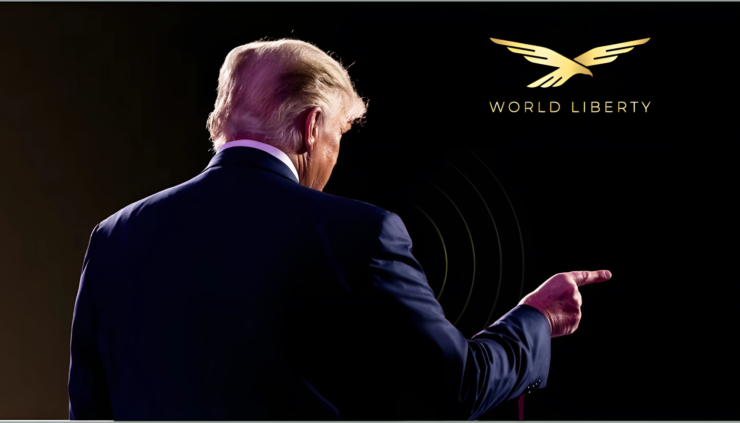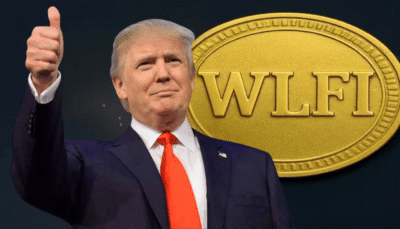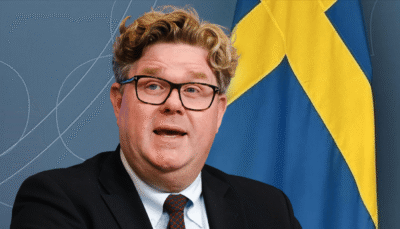The debate over the STABLE Act took a sharp political turn on Wednesday as members of the House Financial Services Committee sparred over President Donald Trump’s connections to the digital asset sector.
Several Democrats voiced support for the bill’s overall framework but insisted that the president’s personal and familial involvement in stablecoin ventures—most notably through World Liberty Financial’s USD1 token—presented a significant conflict of interest.
The session saw a flurry of proposed amendments from Democratic lawmakers, including one from a co-sponsor of the bill, aiming to prohibit current and future presidents, cabinet members, the first family, and special government advisors—such as Elon Musk—from launching or operating stablecoin products while in office. Each of the amendments was rejected in voice votes by the committee’s narrow Republican majority.
In response, Republican members emphasized that the STABLE Act is designed to apply equally to all issuers, regardless of political affiliation or public status. They argued that the legislation’s compliance requirements—including mandatory reserve backing, anti-money laundering protocols, and regular audits—would ensure a level playing field without excluding any single entity from participating in the market.
“We’re not picking winners and losers here,” Committee Chair French Hill said.
“If you don’t want to use a payment stablecoin, don’t use one.”
Lawmakers Question Fairness of President’s Stablecoin Role
During Wednesday’s markup, House Democrats pushed back particularly against the notion that the Trump-backed USD1 stablecoin should be regulated like any other digital asset. Lawmakers argued that the president’s position uniquely complicates the matter, given his direct influence over financial policy.
“He is unlike any other issuer because he’s the president of the United States,” Rep. Stephen Lynch argued.
“And he’s going to take U.S. taxpayer money to assist his family business when it gets in trouble.”
Despite the heated exchanges, it remains uncertain whether the controversy will affect the bill’s bipartisan momentum. Until recently, the STABLE Act had been expected to attract cross-aisle support.
Even Committee Chair Rep. French Hill (R-AR) acknowledged earlier this week that President Trump’s personal ventures—particularly in stablecoins and memecoins—have complicated the legislative path forward. While Republicans maintain that the bill remains neutral and issuer-agnostic, the political optics have clearly added friction to the process.
USD1 Stablecoin Launch Timing Raises Regulatory Red Flags
Stablecoins are digital tokens designed to maintain a 1:1 peg with the U.S. dollar. They serve as a cornerstone for crypto traders and enable swift movement between assets without touching fiat currency. However, the legal status of these instruments remains murky in the United States, particularly in the absence of a formal regulatory framework.
This ambiguity has come into sharper focus following the Trump family’s rollout of a new stablecoin, USD1, under their World Liberty Financial banner. The product’s debut coincides with accelerated efforts in Congress to finalize stablecoin legislation, raising alarms among Democratic lawmakers about the optics and ethics of introducing a politically affiliated digital asset during such a pivotal moment in policymaking.
While World Liberty Financial claims its stablecoin reinforces U.S. monetary strength by promoting dollar-denominated assets abroad and in blockchain environments, critics argue the timing of its launch complicates the administration’s own efforts to draft impartial, industry-wide crypto regulations.
As President Trump spearheads the development of the nation’s first comprehensive digital asset framework, the overlap between his public office and private business ventures has emerged as a flashpoint in an already polarized debate.
Quick Facts
- Lawmakers clashed over President Trump’s connection to the USD1 stablecoin during the House markup of the STABLE Act.
- Democrats proposed amendments to block presidents and government officials from launching stablecoins while in office; all were voted down.
- Republicans argued that the bill applies uniformly to all issuers and includes strict compliance measures like audits and AML checks.
- The STABLE Act continues to move forward despite partisan tensions over Trump’s personal crypto ventures.





